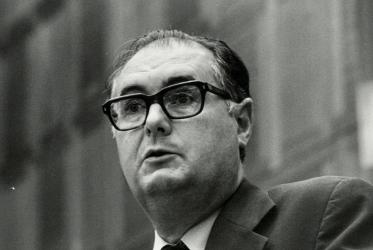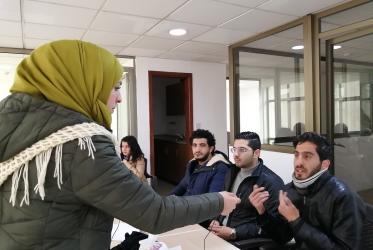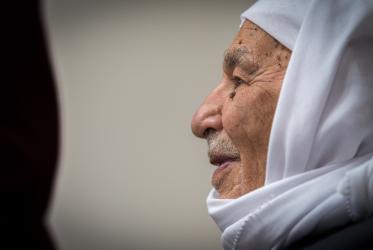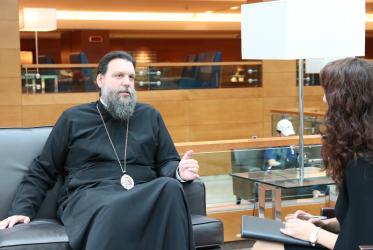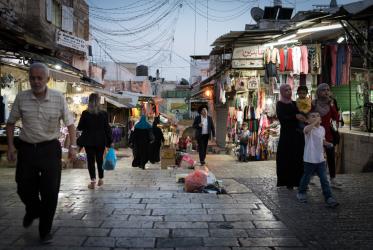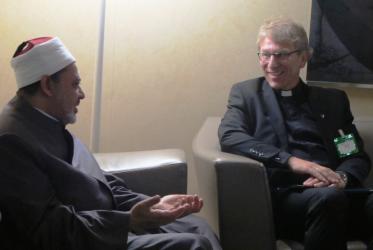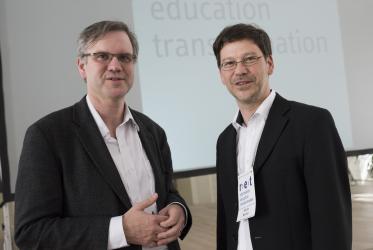Displaying 1 - 20 of 29
WCC mourns the death of Julio de Santa Ana
20 April 2023
Migrants in Argentina find listening ears and open hearts
04 November 2022
Promoting human dignity through art
06 September 2022
Are migrants seen and heard? Conference presses the question
19 October 2020
A faith-based, holistic approach to HIV and AIDS-care
13 March 2019
Paving the way for ecumenical studies, learning English in Bossey
24 September 2018
In Lebanon, refugees face hardship - but find hope
16 March 2017
“There are no strangers here” – Saint Irenaeus a key to unity?
19 December 2016
Dialogue flourishes between WCC, Muslim Council of Elders
30 September 2016
Fleeing from – rather than to – a place
10 February 2016

